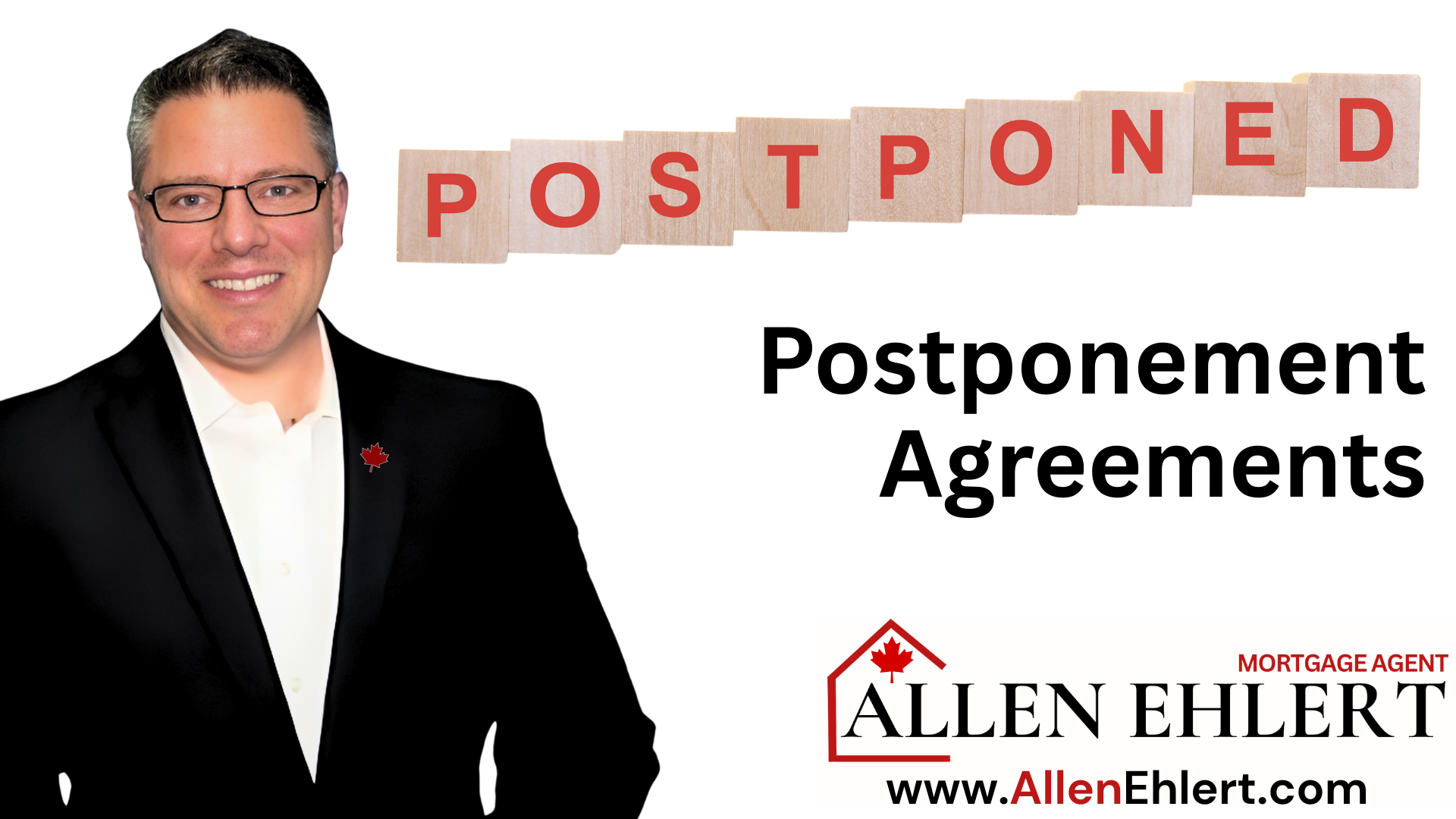As a licensed mortgage agent, one of my key responsibilities is introducing clients to lending options that align with their unique financial situations. It’s time for you to discover Community Trust—a reputable and dynamic lender you may not have encountered before, but one that offers powerful advantages, especially for clients who need flexibility, fast service, and competitive rates.
Who is an Ideal Client for Community Trust?
What Sets Community Trust Apart?
Who is Community Trust?
Community Trust is a federally regulated Schedule I trust company based in Canada. They operate as an alternative or “B” lender, which means they specialize in helping clients who may not qualify under traditional “A” bank guidelines. This includes self-employed individuals, clients with lower credit scores, recent bankruptcies, or non-traditional income streams.
Being a B lender implies that Community Trust looks beyond the numbers and credit scores. They assess real-life situations with flexibility and understanding, offering mortgage solutions that prioritize common sense and the overall strength of the deal rather than rigid checkboxes.
Why Choose Community Trust?
Here are three powerful reasons why clients—especially those facing unique challenges—would benefit from financing through Community Trust:
- Exceptionally Flexible Underwriting
- Innovative Programs that Create Real Opportunity
- Aggressive LTVs and Fast Turnaround Times
Exceptionally Flexible Underwriting
Community Trust leads with a solutions-first mindset. Their programs accommodate:
- Debt service ratios up to 60/60 on owner-occupied properties with solid credit (FICO 680+), far exceeding standard lending norms.
- Stated income programs for self-employed clients using just 6 months of bank statements.
- Creative acceptance of shared accommodations income, proposal settlements, and co-signed liabilities—allowing for smarter qualification.
This kind of flexibility is rare and offers breathing room for clients in transition or with complex profiles.
Innovative Programs that Create Real Opportunity
Community Trust offers standout programs not commonly available elsewhere. Their New Construction Value-Up Program lets clients who bought a pre-construction home more than 12 months ago refinance based on the current appraised value—not the original purchase price. This can unlock 100% financing and allow clients to recover their deposit or pay off high-interest debt.
They also offer second mortgages and HELOCs up to 80% LTV, even behind most A-lenders and credit unions (excluding direct competitors), which is a game-changer in today’s tight lending market.
Aggressive LTVs and Fast Turnaround Times
In regions like the GTA, Community Trust is known for being aggressive with Loan-to-Value (LTV) allowances, going up to 80% in many areas where other lenders scale back. Combine that with:
- 24-hour turnaround on commitments
- 48–72 hour document review
- A strong internal support system
—and you’ve got a lender that not only understands urgency, but also delivers results efficiently.
Who is an Ideal Client for Community Trust?
Community Trust is an excellent fit for:
- Self-employed Canadians with non-traditional income documentation
- Clients recovering from credit challenges, including bankruptcies or proposals
- Borrowers with strong equity looking to refinance without major bank red tape
- Real estate investors, with rental income calculation options that work in their favour
- Homebuyers of pre-construction or micro-condos needing more flexible financing terms
They also support clients purchasing or refinancing non-conforming properties, using shared accommodations income, or dealing with complex financial structures—such as holding companies or multiple rental units.
What Sets Community Trust Apart?
What makes Community Trust stand out is their pragmatic approach to lending. They’re not bound by rigid templates—instead, they apply sound judgment and a deep understanding of today’s borrowers. Their ability to provide:
- Flexible lending areas across Ontario, Alberta, BC, and Atlantic Canada
- Non-conforming ratio programs with no maximum ratios, when properly mitigated
- Personalized broker support with real-time guidance
…makes them one of the most progressive B lenders in the country.
When mainstream lenders say “no,” Community Trust often finds a way to say “yes”—responsibly, competitively, and quickly.
My Final Thoughts
If you believe Community Trust might be a good fit for your financing needs—or if you’re simply curious about how these flexible programs might help you or someone you know—reach out to me. I’d be happy to walk you through your options, explain the documentation required, and help you take the next confident step toward your real estate goals.












